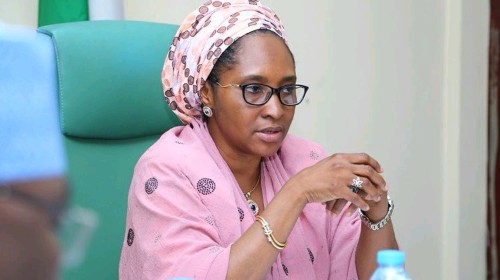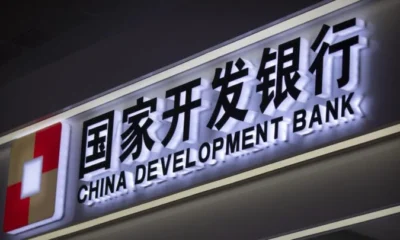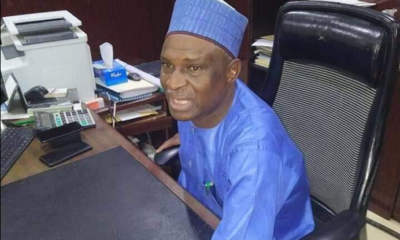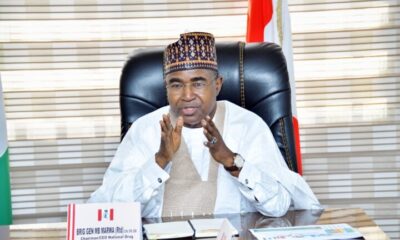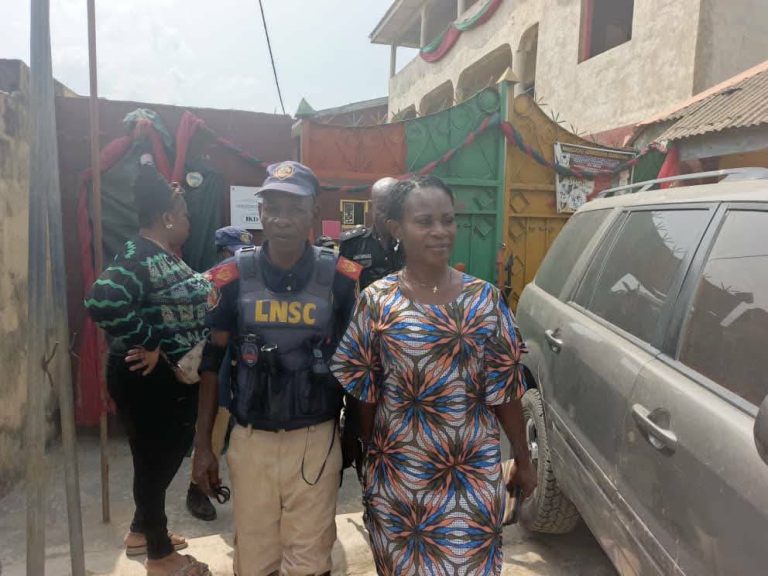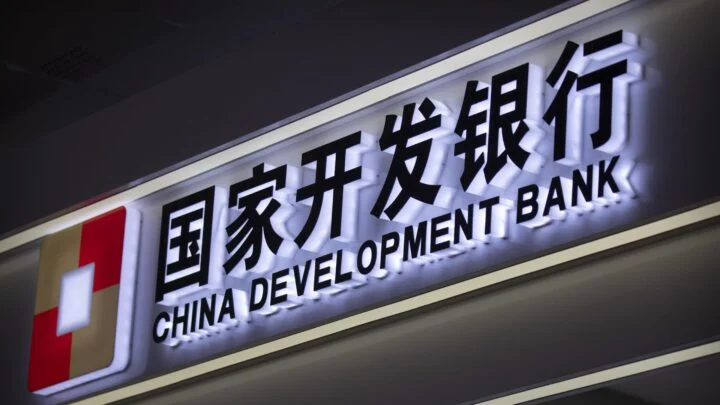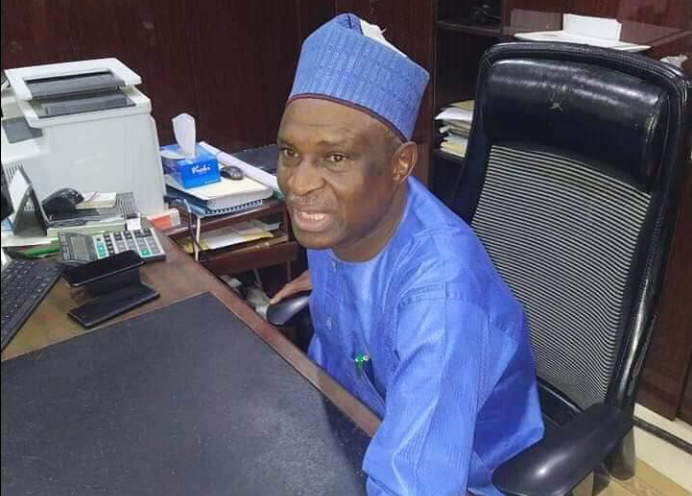BIG STORY
Nigeria Displaces Vietnam As No. 4 On World Bank’s IDA Borrowers’ List, Becomes No.1 In Africa
-

 BIG STORY4 days ago
BIG STORY4 days agoNDLEA Arrests Famous 61-Yr-Old Lagos Fabric Merchant Alhaja Ajoke Elediye For Drug Trafficking
-

 BIG STORY13 hours ago
BIG STORY13 hours agoIkorodu Teacher Arrested For Physically Abusing 3-Yr-Old Boy In Viral Video [SEE VIDEO]
-

 BIG STORY3 days ago
BIG STORY3 days agoFuel Price May Crash To N500 Per Litre In 2025 — Oil Marketers
-

 BIG STORY3 days ago
BIG STORY3 days agoPopular Nigerian Socialite Cash Madam Dies At 89, Burial Announced
-

 BIG STORY2 days ago
BIG STORY2 days agoRetirement: Top Generals Get $20,000 Medical Allowance, Bullet-proof SUV, Others
-

 BIG STORY2 days ago
BIG STORY2 days agoGTCO PLC Announces Successful Completion Of The 1st Phase Of Its Equity Capital Raise Programme; Raises ₦209 Billion
-

 BIG STORY3 days ago
BIG STORY3 days agoRetailers Begin Loading From Port Harcourt Refinery This Week — PETROAN
-
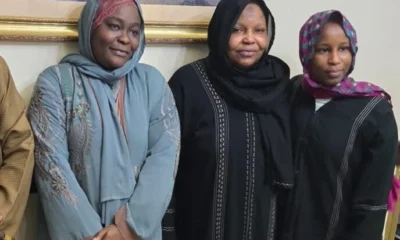
 BIG STORY3 days ago
BIG STORY3 days agoThree Nigerian Women Jailed In Saudi For ‘Drug Trafficking’ Regain Freedom





